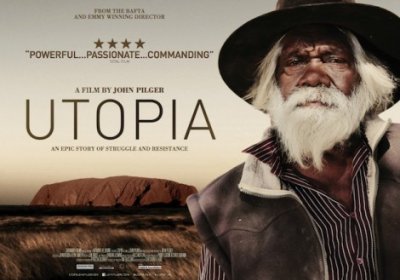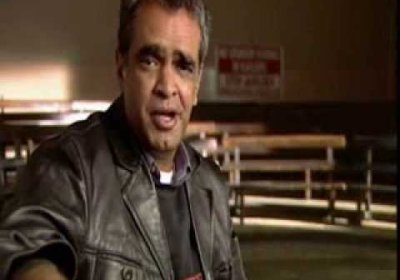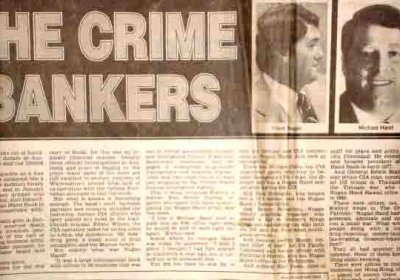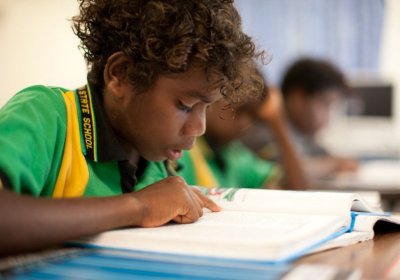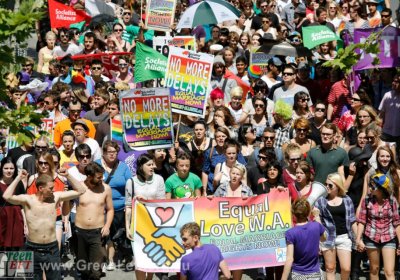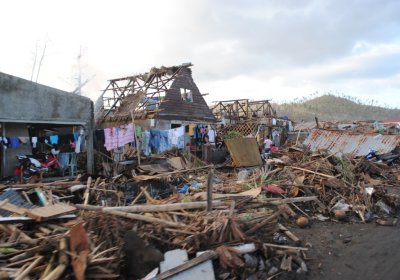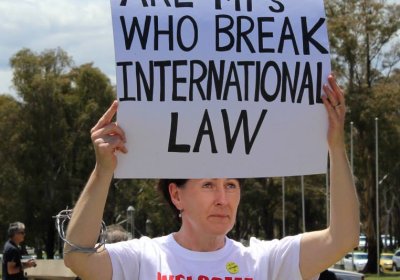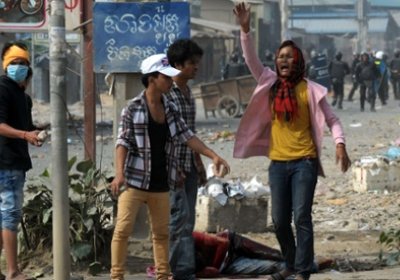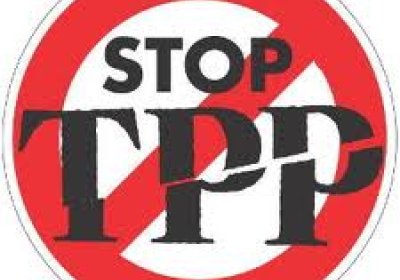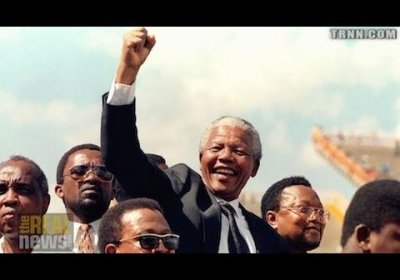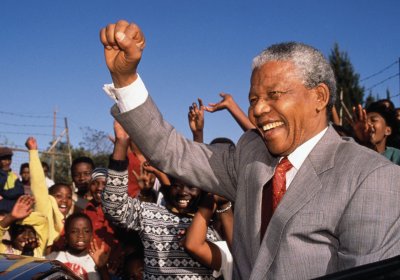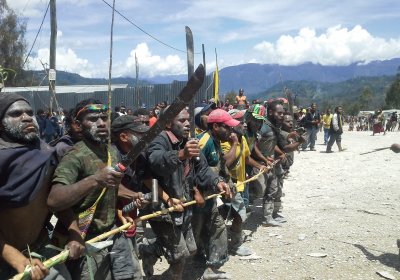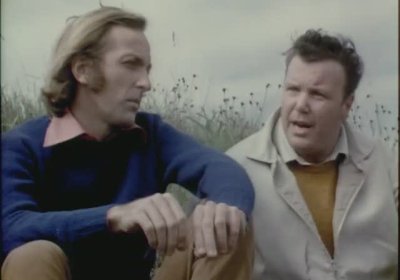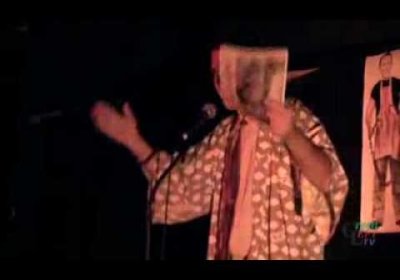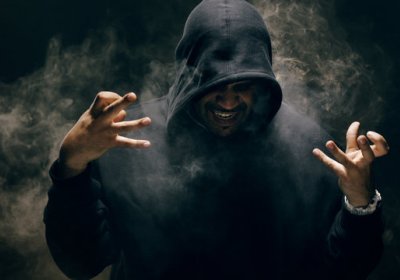Issue 992
News
Hundreds of paramedics rallied on December 11 for a better deal from the Victorian government. Poor pay and long hours have adversely affected ambulance response times. Negotiations have been delayed 16 months by the Napthine government.
Analysis
The death of Nelson Mandela on December 5 has focused attention once more on the global struggle against South Africa's aparthied regime. The heroic struggle of the Black population inside South Afica and the solidarity shown by ordinary people around the world was essential to winning Mandela's freedom and dismantling apartheid.
In early February 1978, on the strength of a claimed turnover of $1 billion, the Australian Financial Review reported that “at this sort of growth rate Nugan Hand will soon be bigger than BHP.”
World
'Mandela led fight against apartheid, but not against extreme inequality.' Patrick Bond spoke to Real News Network on December 5. Read the full transcript.
England is two countries. One is dominated by London, the other remains in its shadow. When I first arrived from Australia, it seemed no one went north of Watford and those who had emigrated from the north worked hard to change their accents and obscure their origins, and learn the mannerisms and codes of the southern comfortable classes. Some would mock the life they had left behind. They were changing classes, or so they thought.
Culture
Over 200 people laughed until it hurt at the 'Welcome to the Abbottoir' comedy night held in Sydney on November 9. Featuring Michael Hing (as seen on SBS TV), Twiggy Palmcock (famous for crashing Tony Abbott's election night party), Hannah G (Newcastle-based comedian) and Carlo Sands (Green Left Weekly), the evening was organised by Green Left Weekly and filmed by Green Left TV.
Most people fear fire, but Jimblah embraces it. The element flares up again and again in the rapper's searingly original work - from his first album, Face The Fire, to the one that just rose from its ashes, Phoenix.










